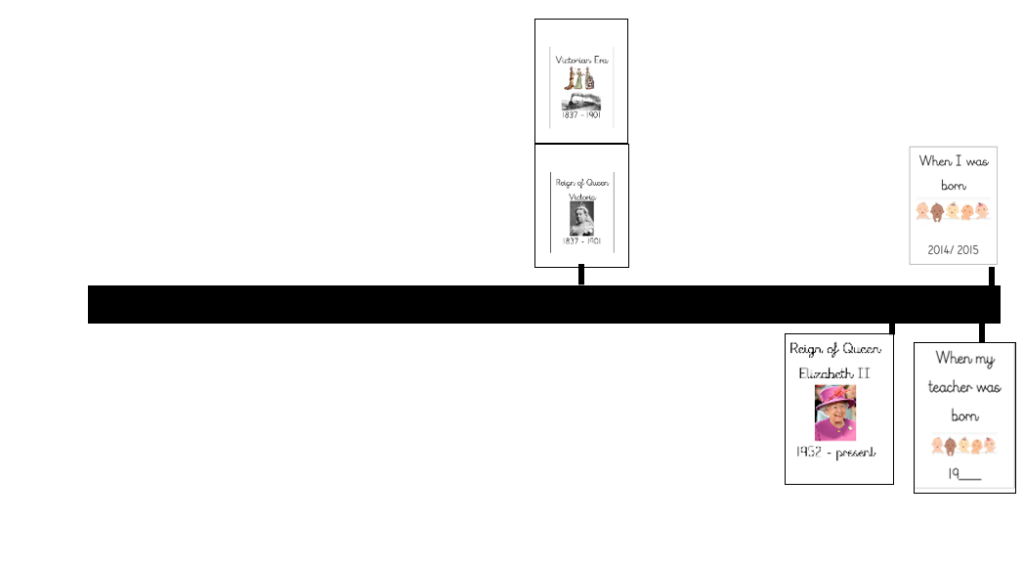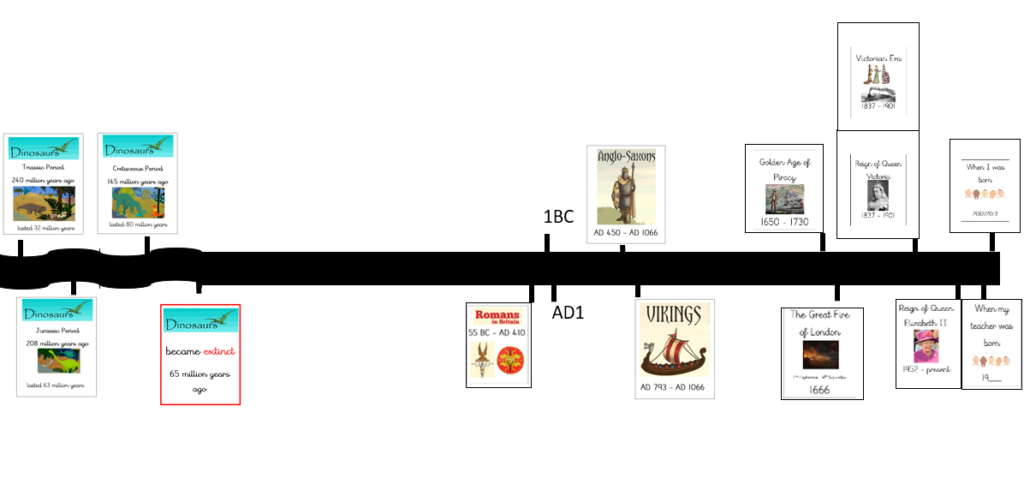Throughout their learning journey at Beech Hill School, the children will gain a coherent knowledge and understanding of Britain’s past and that of the wider world. One of our aims is to inspire pupils’ curiosity about the past in order to support and encourage the asking of perceptive questions, critical thinking and the development of perspective and judgement.
Through the teaching of the progression of historical skills, we aim to supply the children with the resources and tools needed to be effective historians who are able to understand the complexity of people’s lives, the process of change, the diversity of societies and the relationships between different groups.
Artefacts, visitors and educational visits are used to stimulate an in-depth and analytic understanding of significant events in British history as well as an appreciation of how things have changed and will continue to change over time. The children are taught the skills that will enable them to have a better understanding of the society in which they live and that of the wider world, as well as how history of wider world has impacted upon Britain both in the past and at present. This helps the children to gain a sense of their own identity within a social, political, cultural and economic background.
Without History, there would be no future!
How our history curriculum is constructed
For years 1 – 6, we follow the National Curriculum as defined by the Department for Education.
The history curriculum is underpinned by providing our children with wider opportunities, independent learning and basic skills.
History is taught in Years 1-6 through a topical theme in specific half terms throughout the year.
These themes have been established to ensure that chronological understanding is sequenced, relevant and can support children in building upon prior learning. A body of key knowledge in the form of ‘Must Know Facts’ is established for each historical topic. The unit is planned in a way so that these facts are recapped and revisited to encourage retention. Lessons are then planned against a progressive set of historical skills taken from our in-house progression of skills document.
Why? We teach history in themed half terms as it allows greater opportunity for children to draw on knowledge from other subject areas and form a wider subject basis. We regularly link our English unit to our historical topic. Teaching history in this way supports the learning in other subjects to give a contextual understanding as well as supporting retention.
‘In early years History is taught under the area of Understanding the world and is divided into three subsections: People and Communities, The World and Technology’
Sample History Must Knows
Below, are a selection of the Must Knows that we provide for each year group, for each history topic covered. These Must Knows are designed to be used at home by parents as part of homework and revision, in school to supplement work in lessons and to recap previous learning. We want every pupil to be able to recall the facts given on the sheet but also to research further into the information provided. These are carefully structured so that knowledge and vocabulary are sequenced and built upon over time. We are confident that these Must Knows will help our children to develop and retain key knowledge on a wide range of topics and will significantly improve their vocabulary.
A full range of history Must Knows can be found on each class’ Seesaw account
Cultural Capital in History
‘It is the essential knowledge that pupils need to be educated citizens, introducing them to the best that has been thought and said and helping to engender an appreciation of human creativity and achievement.’
Ofsted School Inspection Handbook 2019
Cultural Capital at Beech Hill is something we are passionate about throughout all subjects. History is a topic that lends itself well to developing cultural capital. We are excited about delivering knowledge and making educated citizens who learn from the events, people, ideas we study.
We aim to provide at least one high quality historical trip and/or visitor for each year group throughout the year for our pupils to gain a wider context to their unit of study. Children are then able to apply their knowledge to a more ‘concrete’ experience and bring their learning to life.
Carefully sequenced historical vocabulary ensures that our children move up through our school with a vocabulary basis that can be applied to a new topic and support their historical understanding.
Progression Map
Long Term Plan
Examples of pupils work
A Successful historian
A Successful HistorianChronology and Retention
Chronology is an important part of our history curriculum at Beech Hill. In 2019, we introduced a progressive uniform timeline into each of our classrooms to support retention of the different time periods studied in each year group. A constant source of reference, not only in history lessons, is helping our children to gain a deep understanding of the chronology of the time periods they are studying and have previously studied.
Examples of our timelines
Year 1

Year 3

